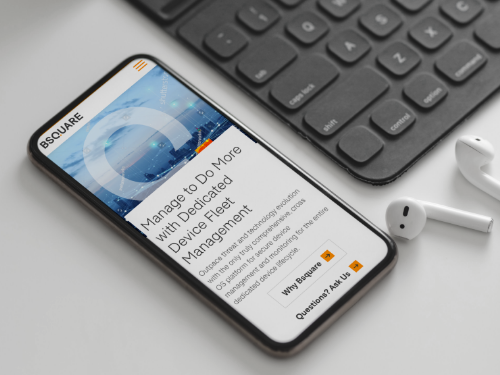There are constant conversations online about which industries are going to be impacted the most by new technology like Open AI and ChatGPT. Marketers are worried about how their jobs will change with the expansion of artificial intelligence, but they should be looking at it as an opportunity to have more of an impact rather than a threat to their job. Here are three ways AI is changing search engine optimization and the marketing landscape.
Automated Keyword Research
Knowing what keywords your target market is using to find solutions to their problems is a crucial step into setting up a successful organic search strategy. Without understanding the customer needs, it becomes a bling uphill battle to convincing your company can be the solution. This requires a little research and machine learning can help accelerate this process with a wide variety of SEO AI tools on the market. These tools go a step beyond your initial keyword list, to give you semantic keywords and ideas for what people might be searching for.
Content Creation and Optimization
Once you have your keyword list, you need to create content for those keywords. Tools like Copy.ai can create blog content around your keywords and can also write meta descriptions and meta titles for you. Though you can create a high volume of content with these tools, this should be your content creation starting point. Though use with caution, and be aware the content will require a round of copywriting and tweaking to optimize it for your website.
Insights from Analytics
There are a number of SEO analytics tools that utilize AI to help with optimization. SEMrush has AI features that help with competitive research and content optimization. MOZ Pro has an AI tool to help with link building, as well as providing insights on how to improve website performance. Learning to leverage these tools will help improve your organic search rankings.
Marketers should keep in mind that AI can’t replace human creativity, strategy and analysis, but it can be a powerful tool to help with optimization and decision-making. As technology evolves Bluetext is ready and eager to test out the top technologies within our toolset. If your company needs assistance putting together a foolproof SEO strategy, an agency partner is the best first step in creating a realistic action plan and analytics tracking. Contact us to learn more about our search engine optimization and content marketing services.


